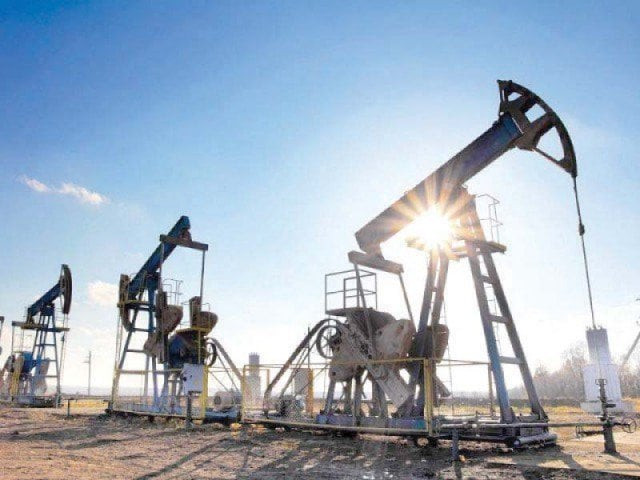MDs of Sui gas companies held responsible for crisis
Petroleum Division secretary prepares, sends report to prime minister

Petroleum Division secretary prepares, sends report to prime minister. PHOTO: FILE
The Petroleum Division secretary, in his report sent to Prime Minister Imran Khan, has said that the management of Sui gas companies was responsible for the gas crisis, officials say.
The government had already initiated an inquiry into the conduct of the heads of these gas companies, believing they had concealed facts about the operation of gas compressors.
Oil prices decline on oversupply, volatile markets
The prime minister had earlier rejected a fact-finding report on the gas crisis submitted by a committee headed by Oil and Gas Regulatory Authority (Ogra) Chairman Uzma Adil and directed the Petroleum Division secretary to reinitiate investigation in a bid to identify the officials and lobbies responsible for the gas crisis. The PM had set the deadline of December 28, 2018 for submitting the report.
The fact-finding report on gas crisis was discussed in a meeting of the Cabinet Committee on Energy, chaired by the prime minister.
Earlier, Minister for Petroleum Division Ghulam Sarwar Khan had held managing directors of Sui Northern Gas Pipelines Limited (SNGPL) and Sui Southern Gas Company (SSGC) responsible for the gas crisis, following which the prime minister constituted the fact-finding committee.
In his report sent to the premier, the petroleum secretary also raised the issue of lack of coordination among energy companies, which made the entire energy chain dysfunctional.
Officials suggest that the major beneficiary of the recent gas crisis was the oil mafia which succeeded in promoting the consumption of imported furnace oil in power plants in violation of the merit order. In the meantime, the stock of furnace oil produced in the country, where 10,000 tons is churned out daily, exceeded 500,000 tons.
OMCs may be required to invest Rs6b in infrastructure
However, domestic refineries had a limited storage capacity, which forced them to reduce production of petroleum products by buying less crude oil. This, in turn, forced gas exploration companies to bring down oil and gas production from their fields, resulting in reduction of gas supply to the gas utilities.
According to officials, the power sector was also responsible for the gas crisis as it did not purchase locally produced gas and oil, which plagued the entire energy chain.
Published in The Express Tribune, January 5th, 2019.
Like Business on Facebook, follow @TribuneBiz on Twitter to stay informed and join in the conversation.



















COMMENTS
Comments are moderated and generally will be posted if they are on-topic and not abusive.
For more information, please see our Comments FAQ